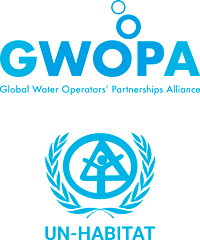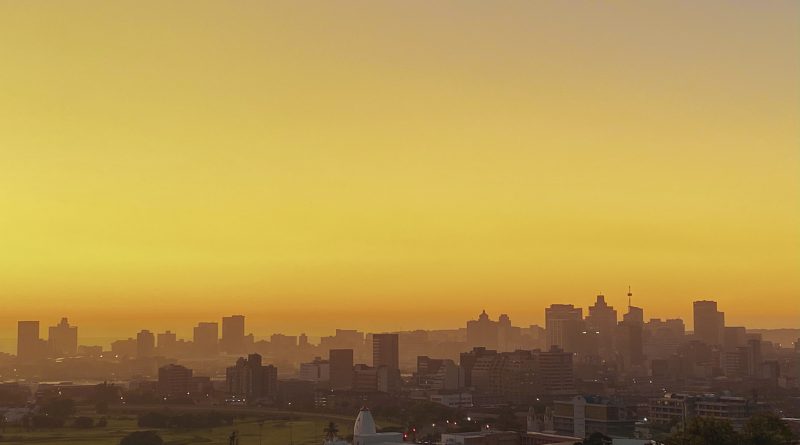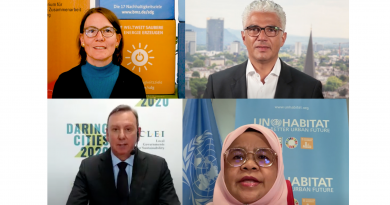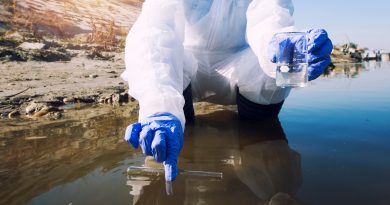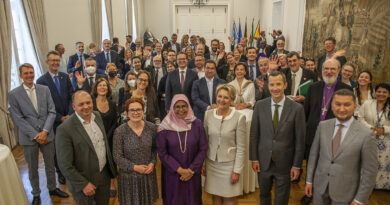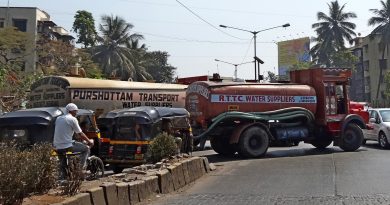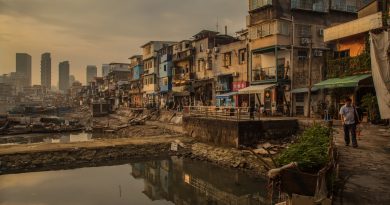Water Utilities Fight COVID Interview Series: eThekwini Municipality, South Africa
As of April 23, the number of reported COVID-19 cases worldwide is of 2.5 million, with almost 180,000 deaths, according to the Situation Report 94 by the World Health Organization.
Water for handwashing is critical to prevent the virus from spreading. Water and sanitation service providers are key, and operators worldwide are working hard, taking extraordinary measures to ensure everyone has access in cities, informal settlements and slums.
As part of an interview series to gather information and raise awareness of how water utilities are addressing the crisis, GWOPA/UN-Habitat spoke with Ednick Msweli, Head of the Water and Sanitation Unit at eThekwini Municipality, South Africa, a country with 3,300 infections and 19% daily increase at the time of our discussion with Msweli on April 20th.
One of the main challenges faced is that of providing access to water in areas where the needed infrastructure is inexistent. With a population of almost 600,000, one third of Durban’s – commonly known as eThekwini – population lives in informal settlements. Durban’s local government, eThekwini Municipality is making sure the areas that are not connected to existing water articulation networks, are covered: access to water is guaranteed by providing static water tanks.
Like many utilities around the globe, eThekwini Water and Sanitation has also decided to reconnect those households that had been disconnected due to unpaid bills. So far, 3,000 have been reconnected, according to Msweli.
But water consumers are not the only ones that need to be protected. Taking care of the personnel is essential to guaranteeing their safety and ensuring the continuity of the service. The Municipality, among other measures, is issuing for everyone personal protective equipment: sanitizers, gloves and masks.
Ednick Msweli expresses his concerns about the impact on the utility’s revenue: “Our collection rates have dropped significantly. We are used to being somewhere close to 100%, but we are now below 80% (…) How do you continue to operate when your income drops?”
The US-based National Association of Clean Water Agencies (NACWA) estimates clean water utilities could face $12.5 billion in losses from COVID-19 impact. Providing assistance and funding to drinking water and wastewater utilities to compensate for lost revenues is and will be fundamental.
In this difficult context, Msweli sees the continuity of international partnerships as essential: “We have to work together, because you can’t have all the answers by yourself (…) I see the sharing of knowledge, of experiences, and of skills continuing. Where travel is not required, we will look in the future at other ways of communicating, but we will continue going forward and learning from each other.”
Watch full interview:
Find out more about the #UtilitiesFightCOVID campaign: https://gwopa.org/covid-19/
